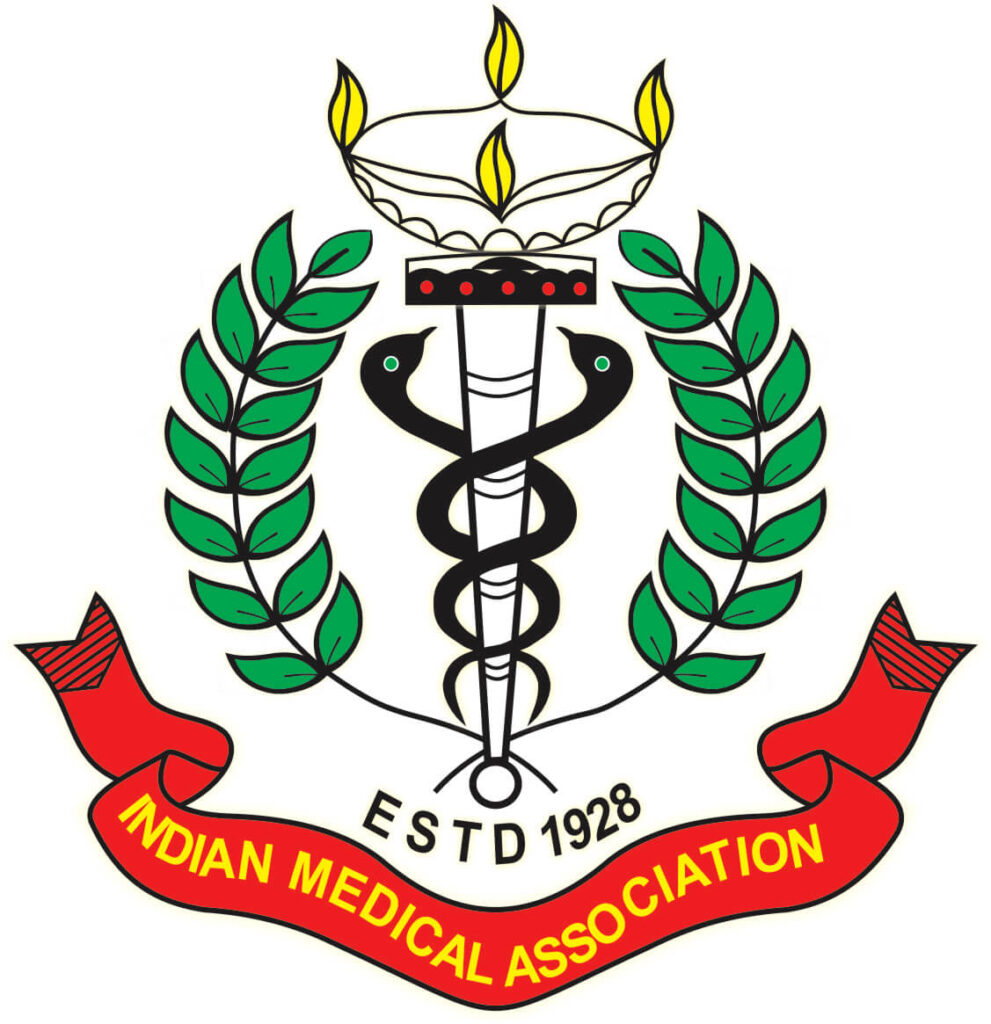PERSPECTIVE
AI comes to Indian healthcare: friend or foe?
Dr Ravi Sankaran1
Let’s face it there are serious problems with Indian healthcare. It starts with limited government investment for healthcare. This leads to a shortage of public facilities and doctors for 2/3rds of the population. This drives people to Private care, which unfortunately is 4x higher in cost. Another problem is the focus on curatives with limited health education, immunizations, and regular screenings. So overall we don’t prevent the preventable, try to treat the incurable and when people seek us quality care is unaffordable for the majority. Quality control too hard for our size and the young doctors see this a leave for greener pastures after a few furtive posts to https://www.reddit.com/r/indianmedschool/
The problem then becomes that there aren’t enough doctors, and a big demand which every government is expected to fix. The solution offered is mixopathy. Sure, it makes part of the population happy, they can also play doctor but it is a problem for patients and modern medicine. Much of it is driven by money and ego. Where mixopathy is a problem, AI is a solution. How? Make care more accessible and effective. What it looks like: natural language modeled chatbots in a smartphone, AI real time assisted surgery, automated dispensaries, telehealth. But wait, this is India! Munna bhai can steal from the dispensary and charge twice the rates, power cuts mean you can’t charge the phone, people might lie on tele-health then get angry at the treatment and ‘soot there phrend’, or worse their beloved phone (instead of attacking a doctor). It’s a bumpy road ahead, but it is coming like it or not.
What is AI? Computer systems that perform tasks normally done by people. Inputs are Haptics, Video, Audio, Electrophysiology, Inertia Measuring Units, Patient reported outcomes, Biochemical, Events. AI is good for: Finding unknown associations/ patterns, comparing large datasets, Integrating multiple variables to make precise decisions. AI in healthcare has limitations. As great as people make it sound, when measured it is at times found wanting. The Dermatology AI diagnoses skin cancers from a phone picture with great accuracy until it is shown a person with dark skin. Then it over diagnosed. The EU bought a chest x-ray bot which can read 1000 x-rays in a minute. It still needs a radiologist to confirm its findings. The critical care bot can look at labs and vitals and predict sepsis. We still need an intensivist to manage the patient as a whole.
AI as we know it time didn’t suddenly appear. It took 200 years to get from taming electricity to getting a computer with a screen, processor speed and a solid-state drive. From around the early 2000’s these occurred, and the result is an exponential rise. How fast? It took around 60 years to get half a million people to own a car. It also took just 3 months to get – million to use ChatGPT. We can talk at length on how fast AI is coming for healthcare, but doctors won’t listen. Sometimes to get them involved we must appeal to their finer emotions and make them jealous. Look at pubmed and you’ll see the number of AI publications popping up over the past decade.
Reality is harsh. AI is coming to seize healthcare and only doctors responsible for the mess it makes. Using a car as an analogy if healthcare is the car, its passengers are the public opinion/patients etc. They will keep making noise about AI and health. The driver here is a doctor but we are blindfolded as we don’t know what all AI can and cannot do. This of course makes it hard to explain to patients why we choose as we do. AI is the gas pedal. Touch it and the cars will jump forward. The problem is being blindfolded means you will eventually hit something, it’s just a matter of when. It could be 5 seconds into the trip or 50 years later. All cars have brakes to prevent this. The problem is AI programmers don’t know what the brakes are or what they look like. All this is fine for theoretical discussions, but not when human life is involved. As doctors we have fiduciary responsibility. We are expected to give people good outcomes. This is harder when we don’t know our tools inside out. The worst part is getting dragged to court by a patient for the same.
AI is coming like it or not. Everything a patient offers us in Data. This can be compiled into Databases. AI/ML algorithms run on these and provide new information which is both useful and useless. This equals Money which is Power and leads to Survival. The question is ‘Will doctors be out of jobs?’ It has been said ‘natural stupidity can beat artificial intelligence any day’. Looking at the history of humanity and our follies, it’s easy to see we’ve already won. The question then remains how we best use this to our advantage. The coming decades will show us clinicians are empowered by AI or not. One will be mainstream.
AI is the great equalizer. Many of our teachers were trained by the great minds of that day. These were well read doctors who had excellent clinical skills. Their competency led to modern medicine becoming an established profession preferred over other systems. These doctors became famous, but all for a reason. They wanted to know what they could do to help people and found out with the tools they had access to. Next came the specialists who wanted to know what more they could do. Technology came in and began offering answers to this in the form of lab work, specialist tests, fancy imaging etc. This generated money along with fame. Next came the superspecialist who wanted to know why these problems occurred and in chasing diseases forgot about the person he was treating. This led to the need for a multidisciplinary team. Smelling money parasites came along in the form of managers for healthcare and insurance companies. If medicine was designed to help humans, healthcare has become a system to regulate it so it generates money for the shareholders. All the growth was driven by the knowledge gap. Google AI eye has found things the human eye can’t find before the problem occurs. This means the future is we will be, reduced to our basic forms physician surgeon, physiatrist
Darwin tells us only the adaptable will survive. Which leads to the question- How to get started today? All you need as a clinician is a database, and AI programmer, and your clinical sense to filter the outputs.
Author Info
1Amrita Hospital, Kochi, Kerala, India
Corresponding Author: Dr Ravi Sankaran, Clinical Professor and Head, Department of Physical Medicine and Rehabilitation, Amrita Hospital, Kochi, Kerala, India
Article Info
Published on 01.10.2023
How to cite this article Sankaran R. AI comes to Indian healthcare: friend or foe?.JAMST. 2023; 1(1):28,29


